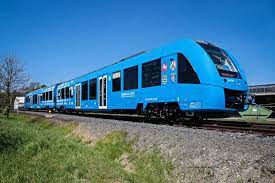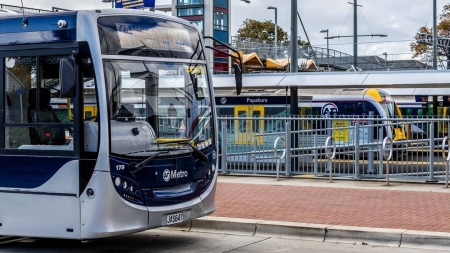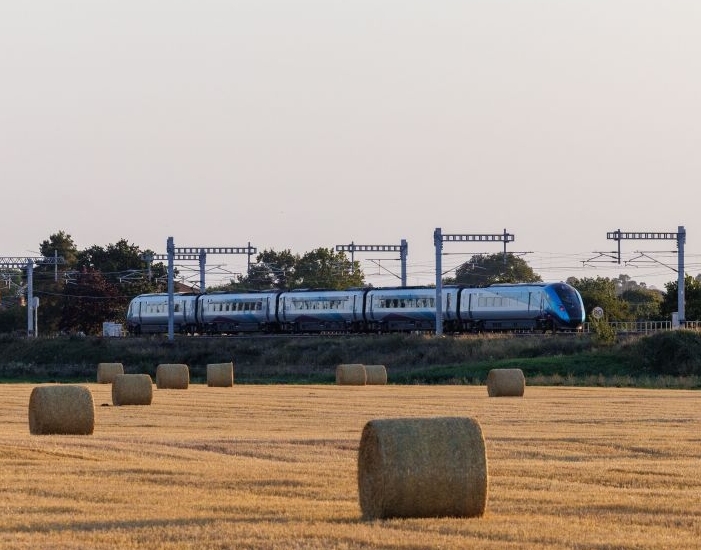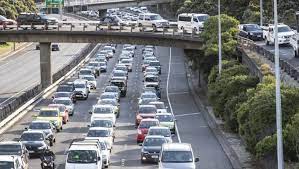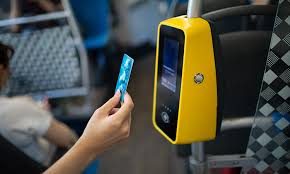Opinion - I read a Stuff article titled 'Electric rail should be the future of domestic transport' by Tom Powell discussing that electrified rail would do a better job in decreasing greenhouse gas emissions. What that author writes is too simplistic for the here and now - and for the future.
Take a look at what is happening in the automotive world. All major players have been frightened into launching their “green” models as fast as they can by the environmental lobby. All quick easy “electric” solutions; the Hybrid this, eTec that, or full-on battery. All accompanied by yester-years’ Detroit fanfares - albeit without their legendary dreadful sexist overtones. Electric rolled out as the panacea “environmentally sustainable” motoring solution with complete disregard of its future impact on the planet. Ignoring the fact that those “electric” cars are recharged from a power-grid supplied with dirty electric, or that the batteries’ rare earth materials when mined and processed are leaving vast swathes of the earth devoid of its natural fauna and flora.
Furthermore the car industry is very shy of discussing the expected “life” of your battery array. Probably because “an auto insider’s” best guess is between 6 to 8 years. Very little thought (read financial in vestment) has been given to the safe disposal/recycling impact of all those lithium batteries. So how is the industry going to deal with that problem - look the other way I suppose is one option. Add to that witches brew the inevitable and unavoidable fast approaching “bottle neck” in electricity supply after the majority of motorists have switched to battery powered cars. When all those car lithium batteries require their daily recharging it unleashes an addictive energy demand that’s on top of existing domestic and industrial demand. Globally national energy grids will get very close to power supply outages.
It therefore comes as no surprise that the two most respected auto manufactures, Toyota & BMW, have now publicly stated that their future model research is dominated not by battery motive power but firmly in hydrogen fuel cell technology.
So let’s move off the tarmac and onto the rails.
Firstly the electrification of the whole NZ rail network is implausible on the grounds of cost; if a start were made today the cost would be a minimum of NZ$3m+ per km. Thus only routes with very high density passenger volumes would come close to a return on the capital investment. On other routes attracting less passenger numbers a hybrid solution must be adopted.
Diesel/Battery appears to have considerable support with the battery providing motive power in the large urban conurbations keeping the highly polluting diesel to be shoved down the lungs of rural country dwellers. For sure its the fiscally expedient option nonetheless clearly some folk really do have a poor moral compass. Battery powered hybrid trains and/or network electrification is a fanciful ill conceived notion that really should not be expressed publicly to deceive the politicians and rail enthusiasts.
The only proven alternative motive power solution that meets the challenge of providing passenger trains deep into rural Aotearoa New Zealand and reaching all points of the existing rail network is green (not grey) hydrogen fuel cell powered trains capable of completing journeys of up to 800+kms on one charge. Proven and in daily service across the EU and on the west coast of the US. Soon to be in Canada, India, the UK, and Asia.
Now many view hydrogen as a risky bet due to its infancy compare to traditional fossil fuel motive power, and importantly, also because of their vested interest in their current commitment to other old school motive formats. However the evidence out there in the market place and operational “on the rails” clearly illustrates that hydrogen fuel cells are the here and now and most importantly: the future.In this opinion piece I do not want to go into all the deep technicals (it will consume thousands of words and column inches) so here are some those corporations investing and producing hydrogen fuel cell rail product:
Ballard Power Systems - CRRC Corporation - Toyota - Cummins - General Motors - Volvo - Mitsubishi - Hitachi - Bombardier - Alstom - Thales Group - Stadler - Hyundai - Ansaldo
That list is not exhaustive just indicative.
And ask yourself why is India the world’s most intensive railway network investing in hydrogen fleets when that network is already almost 100% electrified. And why is Canada likely to become a major adopter. The cost of introduction of hydrogen trains is less than providing the network with overhead power lines. Cleaner than Diesel/Battery Hybrids. Can run anywhere now - a flexibility that can operate on the current network and reach all points of that network without the need to refuel. And can do all that with “green” hydrogen passenger trains that when refuelling takes less than 15 minutes and whose maintenance costs compared to diesel motive power are a factor of 4 times less.
An opinion by Richard Peat, the founder of Aotearoa Rural Rail / Rerewhenua ā-rohe o Aotearoa
Disclaimer: The author has no vested interest financial or otherwise in any Hydrogen Fuel Cell Train Manufacture or OEM supplier.
For further information concerning the points raised in this opinion -
